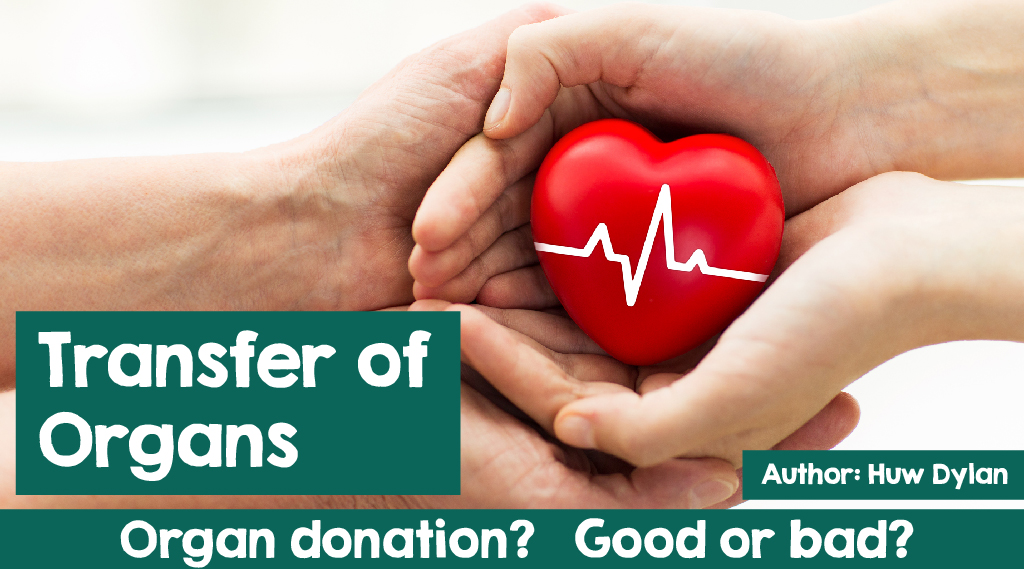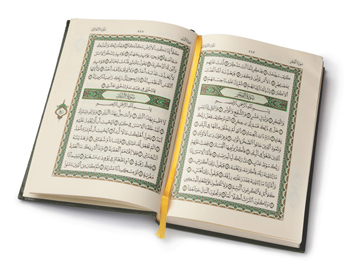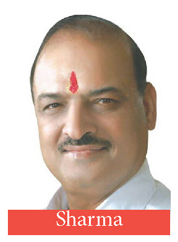|
Well, what a stupid question! Of course, organ donation to help others is a good thing - how could it not be? Unfortunately, religious teaching is never quite that simple, especially on moral issues, and organ donation is one of those topics The world’s religions have been considering this topic for some time but, of course, the Welsh Assembly Government's decision to change the procedure regarding giving consent to the use of organs for transplantation, has brought some attention to the issue. Organ donation is the gifting of one of the organs of the body such as a heart, liver, kidney to help another person who needs a transplant. This happens most often after the donor dies.

Yet some transplants do occur where the donor is alive and continues to live after the transplant. There are many examples of a sister giving one of her kidneys to another sister or a mother to a daughter. Organ donation certainly saves or improves the lives of hundreds of people every year. So, what do some of the world's leading religions think of this issue?
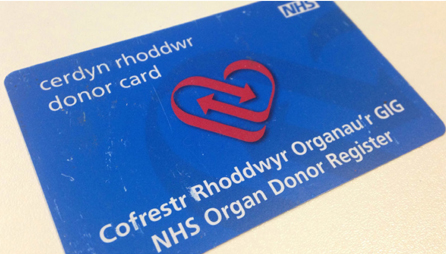
|

|
|
Although organ donation is a personal decision, it can be said that Christianity in general, Protestants and Catholics, are very much in favour of it.
| |
|
Sentamu Ebor, Archbishop of York, said, 'There are thousands of people in the United Kingdom waiting for a transplant that could save or significantly improve their lives ………… |
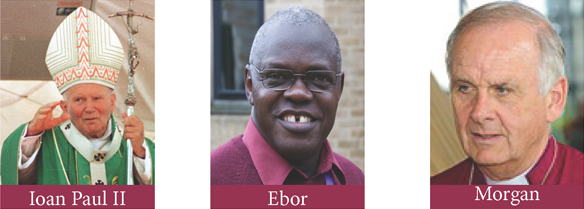
|
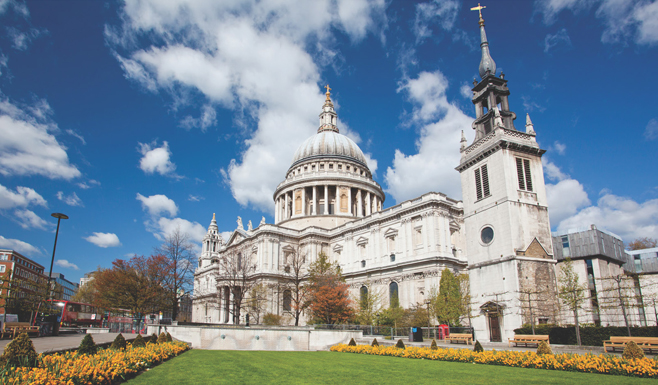
|

|
|
There is more disagreement about organ donation to be seen within Islam. For some Muslims, abuse of the human body, before or after death, is forbidden in Islam.
Although Islam prohibits abuse of the body, some Muslims state that what is necessary according to the teachings of Islam is more important than any prohibition.
This is called al-darurat tubih al-mahzurat.
|
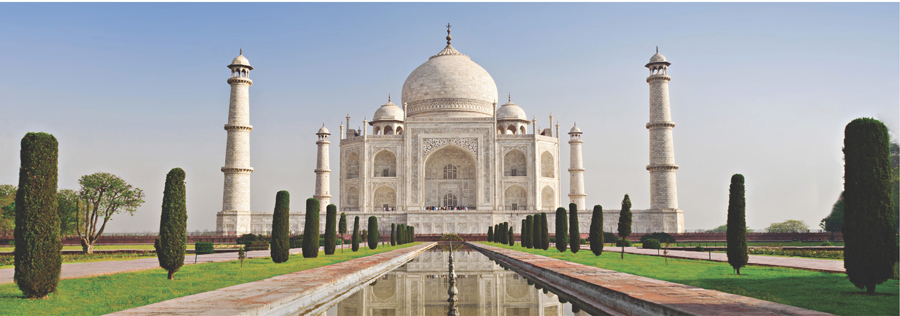
|

|
|
There is no religious law that prohibits Hindus from donating organs.
Life after death is very important to Hindus. They believe in reincarnation and that the soul moves on to another body after the death of the body.
This can happen thousands of times until they purify their karma and break the cycle of rebirth and reach Moksha.
|
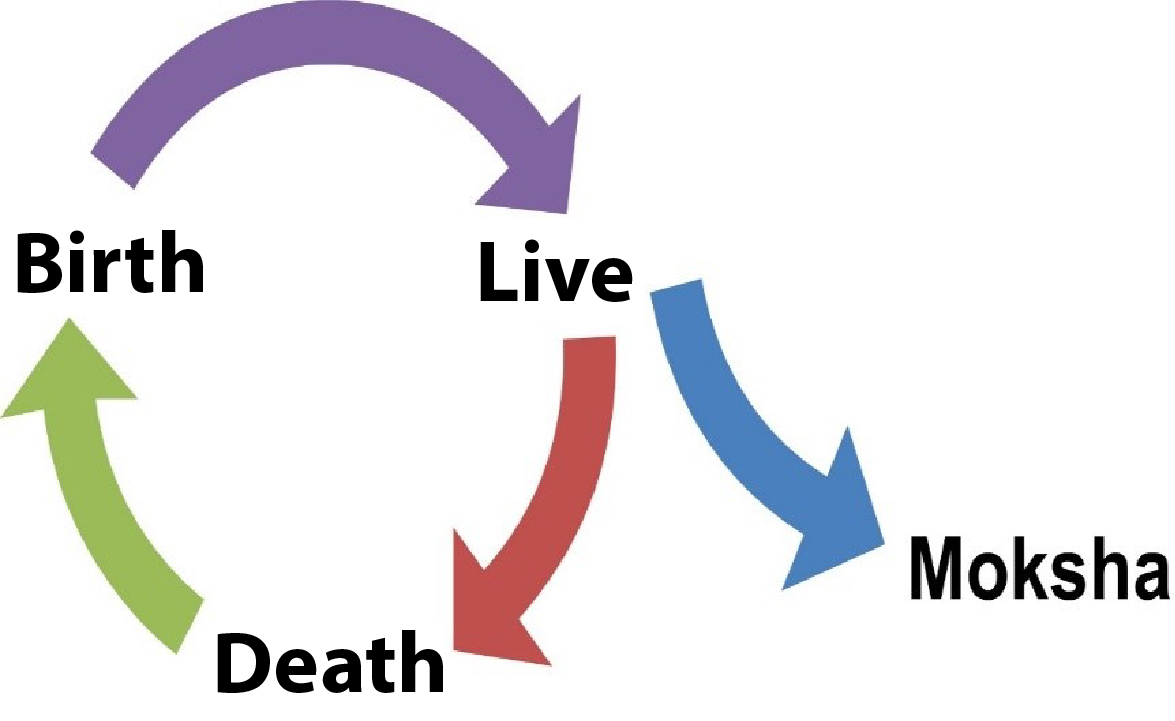
|
|
Hindu scriptures support the idea of organ donation and transplantation. In the list of the ten Niyamas or good deeds, Daan, namely selfless Giving, is the third in importance.
So, organ donation - good or bad? |


